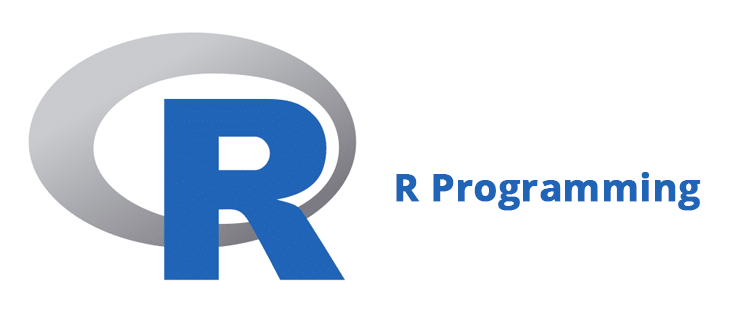About Course
R is a powerful language for data analysis, data visualization, machine learning, and statistics. Originally developed for statistical programming, it is now one of the most popular languages in data science. In this course, you will be learning about the basics of R, and end with the confidence to start writing your own R scripts.
Course objectives
The purpose of this course is to introduce participants to the statistical package R for data analysis. Upon successful completion of the course, trainees should be able to use R to perform descriptive statistics including graphics, perform basic inferential statistical analyses including regression analysis, read and write data files, perform basic data manipulations (eg, creating new variables, merging data sets), write and use R script files, use R packages, write and use R functions, and perform basic programming in R including loops.
Course Instructor(s)
Course content(s)
- Introducing the R Environment
- Introduction to Basics
- Data structure: Vector, Arrays, Matrix, Factor, Lists, Data Frame
- Working with data in R
- Data visualization: Principle of data visualization, Graphics and Tables & Introduction to R shinny
- Introduction to ggplot graphingIn
- Iteractive visualization & apps
- Exploratory data analysis
- Basic Descriptive Statistics
- Univariate analysis: Regression analysis
- Introduction to R programming: Conditions, Loops, Functions, Objects and Classes
- Handling Outliers
- Understanding reproducibility
- Mental Health Data Management & Quality Control
Course objectives
The purpose of this course is to introduce participants to the statistical package R for data analysis. Upon successful completion of the course, trainees should be able to use R to perform descriptive statistics including graphics, perform basic inferential statistical analyses including regression analysis, read and write data files, perform basic data manipulations (eg, creating new variables, merging data sets), write and use R script files, use R packages, write and use R functions, and perform basic programming in R including loops.
Course Instructor(s)
Course content(s)
- Introducing the R Environment
- Introduction to Basics
- Data structure: Vector, Arrays, Matrix, Factor, Lists, Data Frame
- Working with data in R
- Data visualization: Principle of data visualization, Graphics and Tables & Introduction to R shinny
- Introduction to ggplot graphingIn
- Iteractive visualization & apps
- Exploratory data analysis
- Basic Descriptive Statistics
- Univariate analysis: Regression analysis
- Introduction to R programming: Conditions, Loops, Functions, Objects and Classes
- Handling Outliers
- Understanding reproducibility
- Mental Health Data Management & Quality Control
